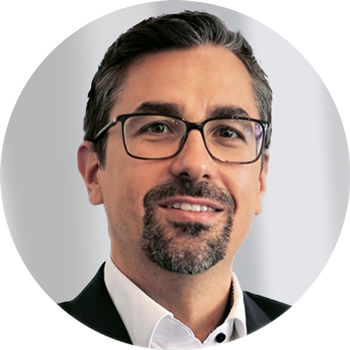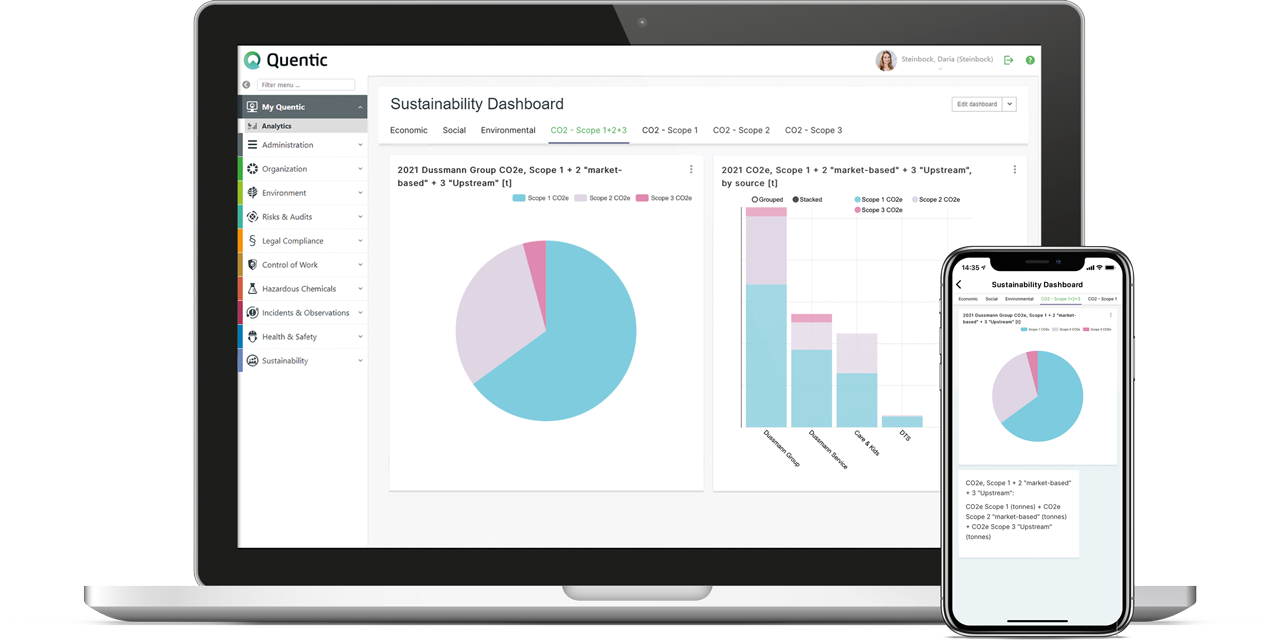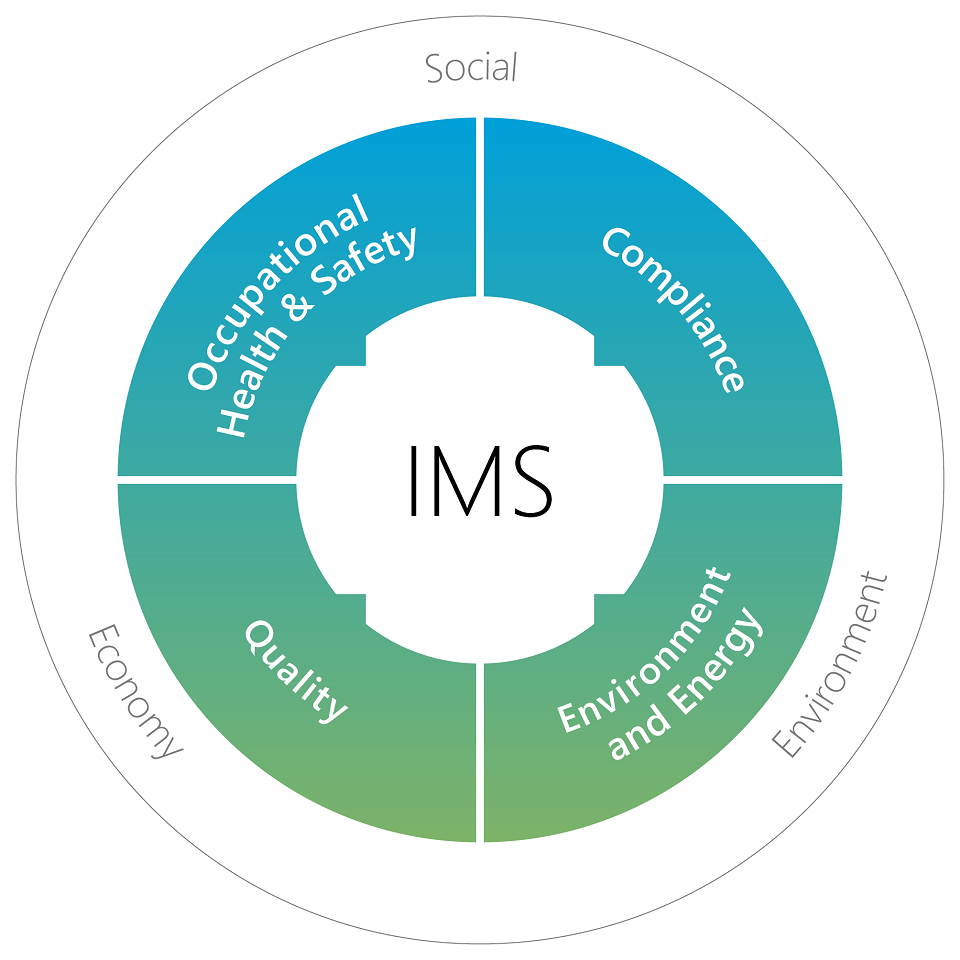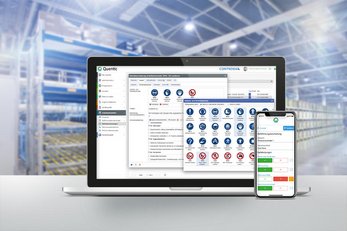8 minutes
Imagine, for a second, that you are in charge of QHSE at a multi-service provider with operations around the world and almost 65,000 employees. Sustainability is a key pillar in the company’s next-level strategy. Calculating the carbon footprint for the entire group, with all the various services it provides, is one of the biggest challenges you face. How would you go about it?
Well, the Dussmann Group’s QHSE team were faced with this very task. One thing was clear from the outset: they were keen to avoid handling such a vast project with Excel spreadsheets and emails. In the past, the team had run into list-based chaos on more than one occasion, as they battled through a jungle of data created by erratic data administration, multiple entries and incorrectly converted energy units. Hardly surprising, given that calculating the Group’s carbon footprint involves 376 officers collating data for 77 different indicators. In 2020, it took the QHSE team over five months to collate the numerous spreadsheets, identify and rectify incorrect entries, and make the necessary calculations.
So, what’s the situation today? Since 2021, the Dussmann Group has relied on the Quentic software solution to produce its non-financial reports. It enables the QHSE team to input all necessary indicators online, monitor them in real time, and intervene swiftly during the reporting process if any abnormalities or problems arise. Not only does this improve data quality, it also accelerates the entire process considerably.
Using the Analytics dashboard, the QHSE team can clearly present the output – the total greenhouse gas emissions – at any time, along with the KPIs derived from it, while also filtering the results by business unit. For the first time, the Dussmann Group can use these outputs to define quantifiable sustainability targets for the years ahead – an important milestone for any truly sustainable company.








